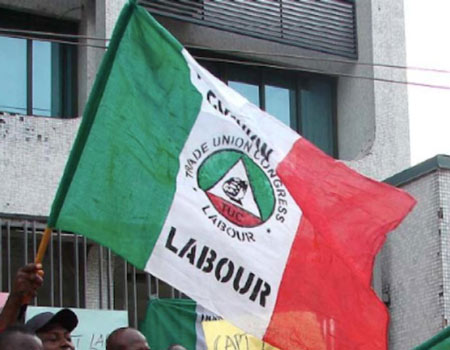A Civil Society Organization (CSO), North Central Citizens Council (NCCC) has condemned what it terms as the reckless agitation of the Nigerian Labour Congress (NLC) and her counterpart Trade Union Congress (TUC) for an unreasonable increase in the minimum wage of Nigerian workers.
The Coordinator of NCCC, Comrade Mohammed Eneji, in a statement, said, the efforts by the labour unions in forcing the federal government to succumb to their terms in the negotiation process as inhuman and selfish stressing that it will have an adverse effect on the common man who doesn’t earn salary or wage.
He also explained that if these negotiations for increase in the minimum wage of workers are jacked up without considering the adverse effect it will have on the ordinary citizens of the country, especially those living in the rural areas, then the efforts will be counterproductive and useless.”
“Many state Governors are still battling to pay the 30,000 minimum wage as it was till date, how then do we think that the Governments both at State and Local Government levels will be able to pay the minimum wage of 60,000 and above? He enquired.
ALSO READ: ‘I remain committed Labour Party member’ – Peter Obi
Speaking further, Eneji said, the labour movement is obviously not putting Nigeria and Nigerians first in this process of the negotiation and as such, NCCC is demanding that the labour review and consider the plight of the larger percentage of Nigerians who are not under the payroll of the government nor the private sector, as this percentage of Nigerians constitute the largest population of workforce in Nigeria compared to those under government who are less than 1% of the entire Nigerian population.
“We also demand that the Labor be flexible by looking at the bigger picture as this demand of theirs will further heighten the inflation rate in the country and also increase the unemployment rate, for as a result of the increase in the minimum wage, many multinationals and government agencies at state level May result into downsizing the personnel on their payroll due to inability to pay the new wage.”
“The cumulative effect will exacerbate the problems instead of addressing it. The development expected by the states and local government will be in sharp decline when states make use 60 to 70% of revenue generated to pay salaries of workers while the infrastructure and the economy of such states is left in jeopardy.”
NIGERIAN TRIBUNE
